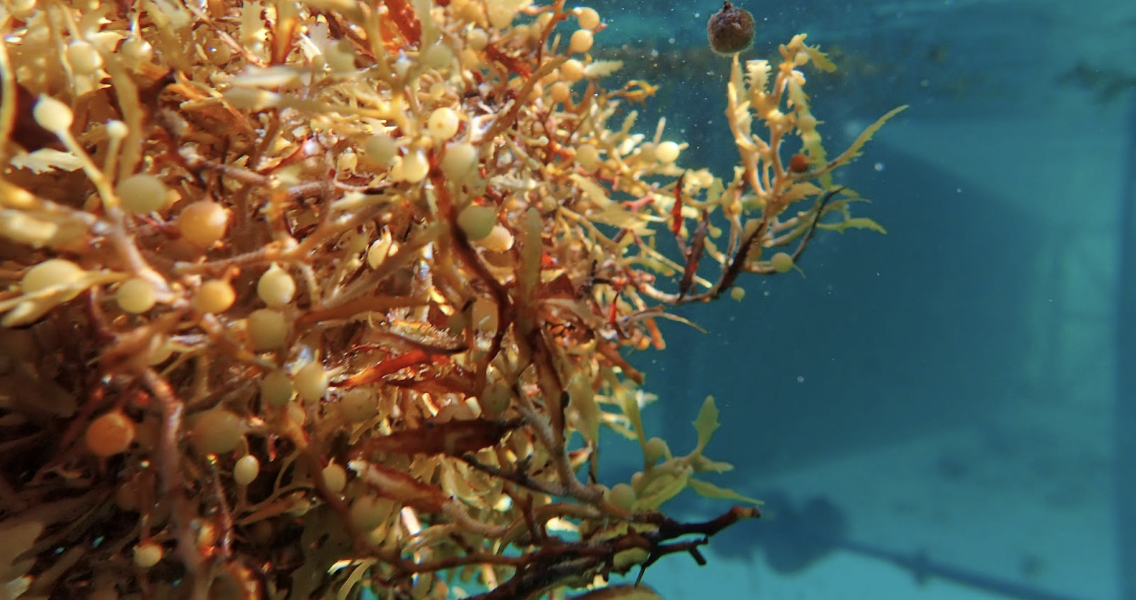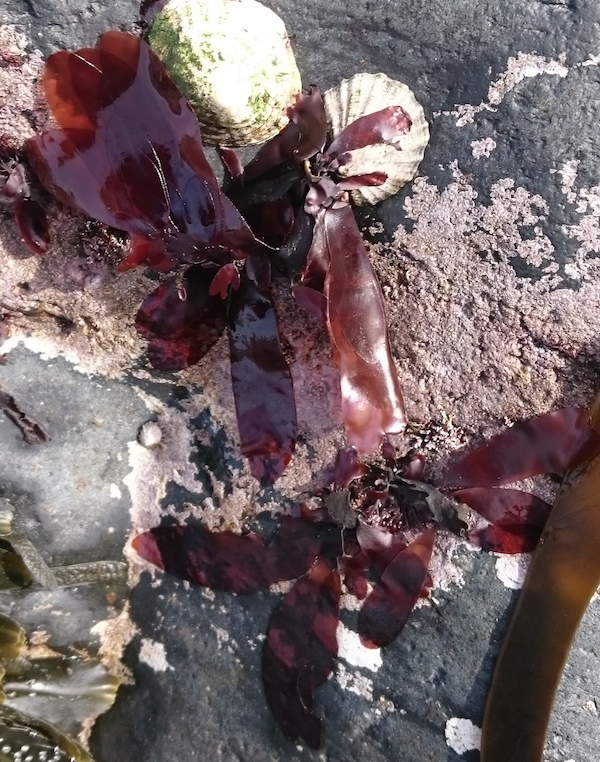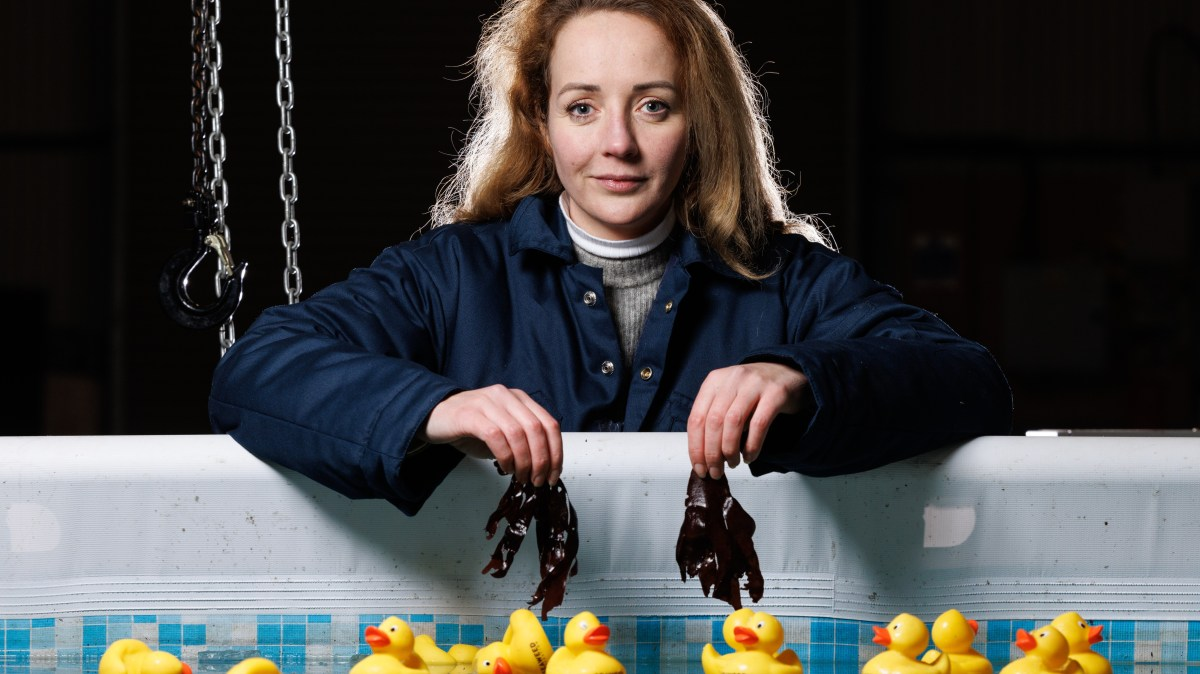Undercurrents: December 2023
Seaweed Generation's roundup of company news and perspective on all things climate.

Blythe Taylor, Chief of Staff
Since the close of COP28 earlier this month we’ve been mulling over the agreements and commitments made. It’s not a clear picture is it? Some progress was undeniable and hit close to home for SeaGen. Our work with Sargassum in Antigua has long since highlighted the inequitable impact of climate change on developing island nations. Rising sea levels, extreme weather and (our focus) problematic macroalgae blooms, are placing extreme pressure on infrastructure and services. These nations, with minimal historic emissions, are experiencing outsized impacts of the climate crisis.
We were therefore relieved to see that the years of wrangling over ‘compensation’ were quickly resolved with the establishment of a ‘Loss and Damage Fund’ on the opening day of the conference. The fund will support vulnerable countries dealing with the effects of climate change.
But even this seemingly good news has been dampened by the disappointing amounts promised by some of the world’s biggest polluters. While Germany and host Nation UAE, both pledged $100m, the US fell disappointingly short with just $17.5m, and Japan, another global economic powerhouse, only $10m. While the UK pledged $75m, campaigners have expressed concern that this funding is not ‘additional’ and has been taken from an existing, and recently downgraded climate finance pledge. Details of the fund continue to be thrashed out, but there’s no denying that more needs to be done here.
In neat symmetry, another important announcement came on the last day of the conference. The agreement to ‘transition away’ from fossil fuels is a long awaited and much anticipated move. But the text stopped short of the stronger language of ‘phase out’ that many governments had lobbied for. Small Island Nations were once again central in final discussions, with Anne Rasmussen the lead negotiator for the Alliance of Small Island States stating ‘We have made an incremental advancement over business as usual, when what we really need is an exponential step change in our actions.’
Now COP isn’t perfect. The dilution of language and compromise is frustrating, but the conference plays an important role. It keeps up the pressure and holds governments accountable in a very public arena. It’s all too easy to feel downhearted with the lack of progress, but at SeaGen we’re optimists. We celebrate every small step in the right direction and just hope that the pace of adoption and change quickens as our changing climate becomes ever more apparent.
Progress and Press

We’re excited to announce that we have gained support through Innovate UK and the Biotechnology and Biological Sciences Research Council (BBSRC) as part of the novel low-emission food production systems competition.
Our project focus is on understanding the feasibility of tank or sea cultivated Dulse (a protein rich red seaweed) as a practical and cost viable alternative chicken feed. The project is a fantastic collaboration with our partners at Microgrow Systems Ltd, Scotland’s Rural College, University of West London and CIEL. We’ll be building on our existing cultivation systems and using machine learning to optimise growth conditions in order to understand the potential for Dulse to form part of a low emission poultry feed. Work is already underway and we look forward to providing updates on our findings and progress.

Wave of new firms looking to take seaweed mainstream

Robert Perry, Times Media
It was fantastic to see SeaGen featured in Caroline Bullock’s article in The Times on the evolving landscape of the seaweed industry. We’re so pleased to be part of the movement which aims to turn seaweed into a sustainable and thriving industry.